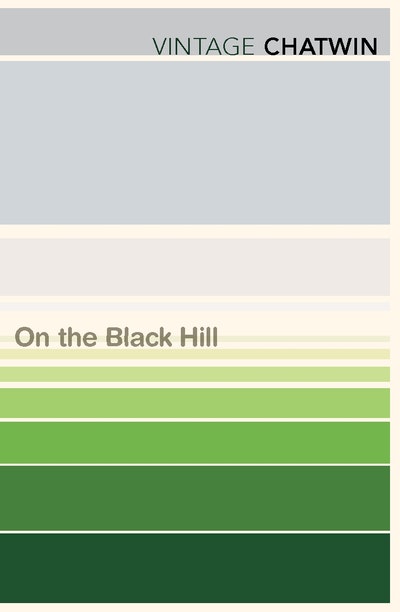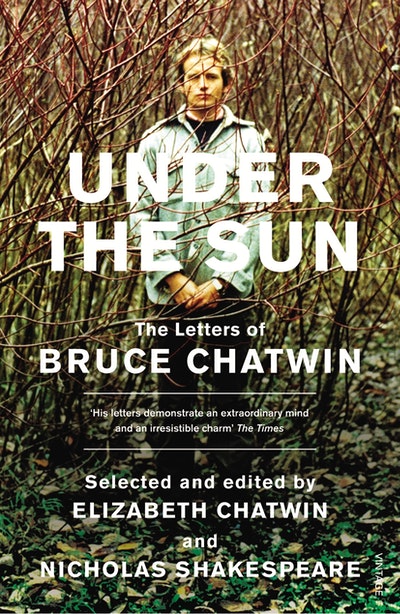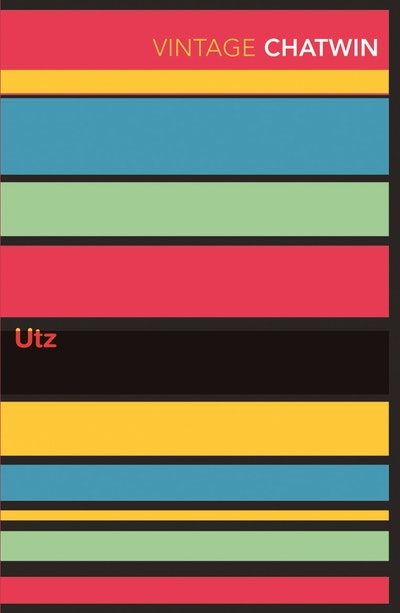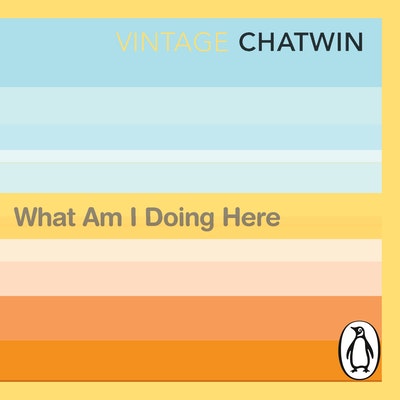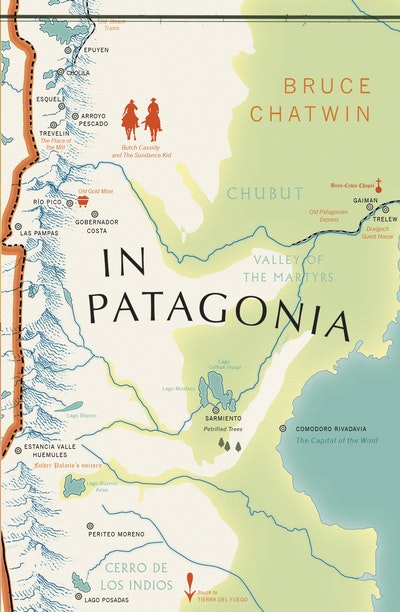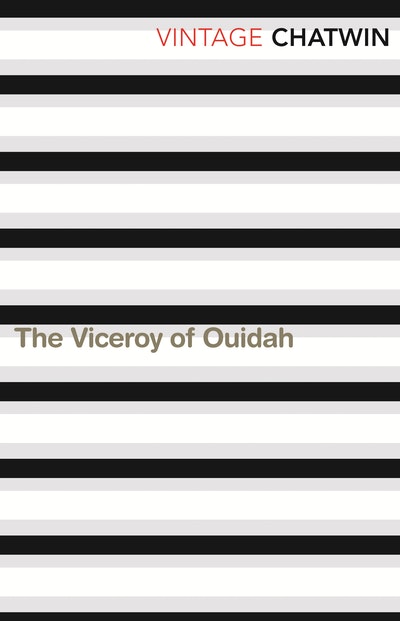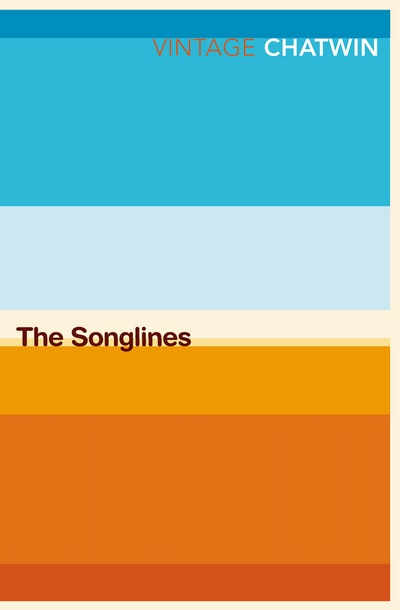[]
Play sample
- Published: 31 October 2012
- ISBN: 9781448105625
- Imprint: Vintage Digital
- Format: EBook
- Pages: 272
On The Black Hill
Formats & editions
Buy from…
- Published: 31 October 2012
- ISBN: 9781448105625
- Imprint: Vintage Digital
- Format: EBook
- Pages: 272
His deepest and best book
Independent
Nearly every writer of my generation in England has wanted, at some point, to be Bruce Chatwin; wanted, like him, to talk of Fez and Firdausi, Nigeria and Nuristan, with equal authority; wanted to be talked about, as he is, with raucous envy; wanted above all to have written his books…(he was) a writer no one who cares for literature can afford not to read.
Andrew Harvey, New York Times
When I think of Bruce Chatwin now, I think of the ultimate storyteller. It’s the resonance of the voice and the depth of his vision that makes him one of the truly great writers of our time
Werner Herzog, from 'Bruce Chatwin' by Nicholas Shakespeare
